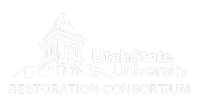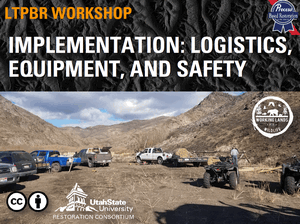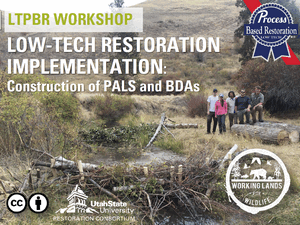 For USU Administered short-courses and workshops, we often allow and/or invite volunteers to participate in construction days and activities. To participate as a volunteer in construction, you need to a) watch the safety and construction videos, and b) register as a volunteer. If you a registered matriculated student or non-matriculated student registered for continuing education units, you do not need to “register as a volunteer” (part b).
For USU Administered short-courses and workshops, we often allow and/or invite volunteers to participate in construction days and activities. To participate as a volunteer in construction, you need to a) watch the safety and construction videos, and b) register as a volunteer. If you a registered matriculated student or non-matriculated student registered for continuing education units, you do not need to “register as a volunteer” (part b).
A. Safety and Construction Background
Building BDAs and PALS are part of a Low-Tech Process-Based Restoration (LTPBR) technique that doesn’t require extensive training or heavy equipment and therefore can be done by a diverse workforce. However, there are inherent risks in working outdoors in uneven terrain, with sharp tools, large woody materials, and a variety of equipment. These videos go over some of the safety issues to be aware of while participating in Low-Tech Process-Based Restoration.
Implementation Logistics, Equipment & Safety.
In this video, Scott Shahverdian goes over the logistics, equipment and safety issues associated with LTPBR work and building instream structures. He talks specifically about post pounders and how to use them safely and effectively in riverscape settings. He also goes over staging materials for implementation
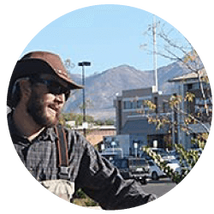 Scott Shahverdian details the logistics of what it takes to get a low-tech restoration project on the ground. He covers logistics, equipment and safety considerations of implementing a low-tech project.
Scott Shahverdian details the logistics of what it takes to get a low-tech restoration project on the ground. He covers logistics, equipment and safety considerations of implementing a low-tech project.
Background : This talk is based on Chapter 6 of the design manual.
Video
Construction of PALS & BDAs
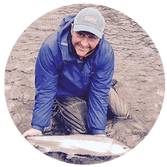 Steve Bennett walks us through the stages of constructing PALS & BDAs. Stephen specifically discusses LTPBR implementation, specifically best practices for building beaver dam analogs (BDAs) and post-assisted log structures (PALS).
Steve Bennett walks us through the stages of constructing PALS & BDAs. Stephen specifically discusses LTPBR implementation, specifically best practices for building beaver dam analogs (BDAs) and post-assisted log structures (PALS).
Background : This talk is based on Chapter 4 & Chapter 6 of design manual.
Video
For more in depth information on implementation, see Module 5 resources.
B. Complete the Volunteer Form
Other Related Volunteer Opportunties
- If you are volunteering for the Beaver Ecology & Relocation Center to help with beaver relocation efforts, sing their volunteer form here.
- If you are volunteering for Anabranch Solutions hosted event(s), please register using their volunteer system here.

